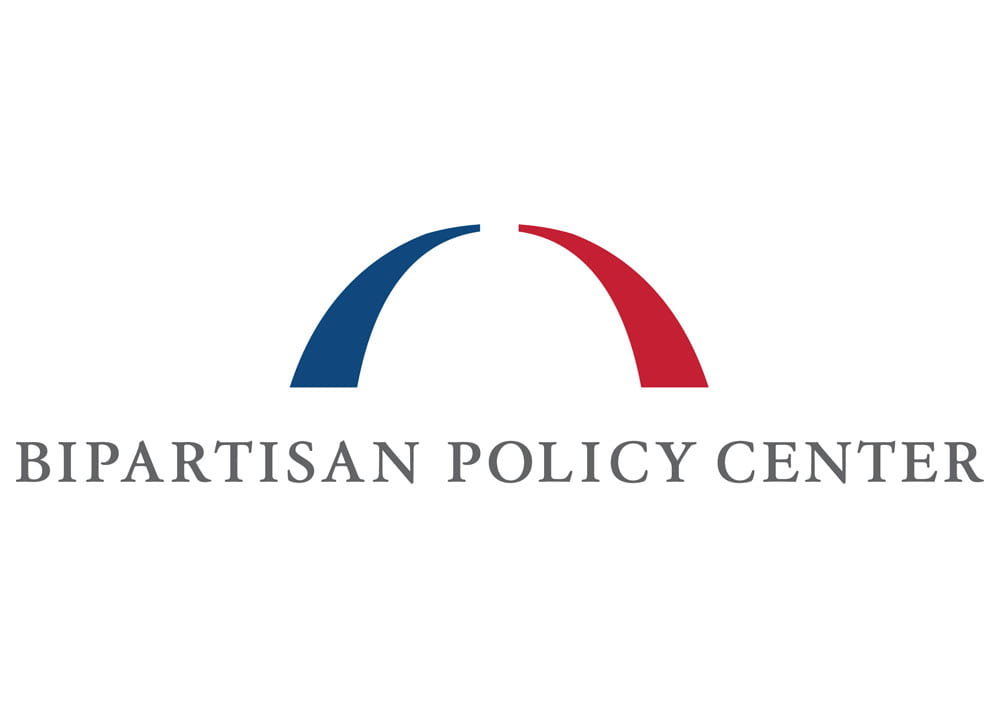
The Policy Lab worked with the Bipartisan Policy Center (BPC) to develop a scorecard for state promotion of access to primary care for those enrolled in Medicaid.
RESEARCH QUESTION
Access to Medicaid has emerged as a key issue in relations between the federal government and the states. In particular, the promotion of primary care to Medicaid recipients has become a contentious issue for states developing strategies to lower overall Medicaid spending.
Policy Lab is worked with BPC to define essential primary care services and create a scorecard for state promotion of access to primary care for those enrolled in Medicaid. The goal was to catalog policy actions in which states have begun simplifying access to primary care coverage, which could form the basis of a general policy recommendation.
BACKGROUND
Critical to the provision of high-quality care is access to comprehensive primary health care in the Medicaid program. Medicaid covers one-in-five Americans and accounts for one in six dollars spent on health care in the United States. Improving and investing in high quality, comprehensive primary health care is critical to driving value in the program. However, low income populations consistently have lower utilization of primary health care services. The Commonwealth Fund 2010 Biennial Health Insurance Survey concluded that when low-income adults have both health insurance and a medical home, they are less likely to report cost-related access problems, more likely to be up-to-date with preventive screenings, and report greater satisfaction with the quality of their care. Under federal Medicaid law, managed care plans must offer Medicaid beneficiaries access to primary care. While more than half of all Medicaid beneficiaries nationally receive most or all their care from managed care organizations (MCOs) that contract with state Medicaid programs, many are still receiving care from other delivery models such as primary-care case management or fee-for-service (FFS).
The Affordable Care Act (ACA) included a two-year Medicaid FFS primary care payment rate increase. The Medicaid primary care payment increase, which temporarily raised Medicaid fees for primary care services to Medicare levels, expired on December 31, 2014. Findings from MACPAC interviews with states concluded that the payment increase had little to no effect on Medicaid provider participation rates, and no change in primary care service use while the payment increase was in effect. After the payment increase expired, at least twenty-four states reverted to their previous primary care physician payment rates.
BPC is conducting an analysis of federal law (i.e. statute, regulations, and agency guidance) for the purpose of identifying federal laws that pose a barrier to the provision of comprehensive primary health care for vulnerable populations, and support efforts to provide comprehensive primary health care. Once that analysis is complete, BPC will develop recommendations to mitigate or eliminate barriers, and encourage incentives for those areas that support comprehensive primary health care. To aid this initial survey of states, the Policy Lab built a scorecard of state Medicaid programs’ promotion of access to primary care.
Project Partner: Katherine Hayes, Director of Health Policy, Bipartisan Policy Center.
Faculty: Zachary Courser, Co-Director; Stan Oklobdzija, Fellow.
Research Assistants: Jennifer Gurev and Ariana Kemp, Lab Managers
